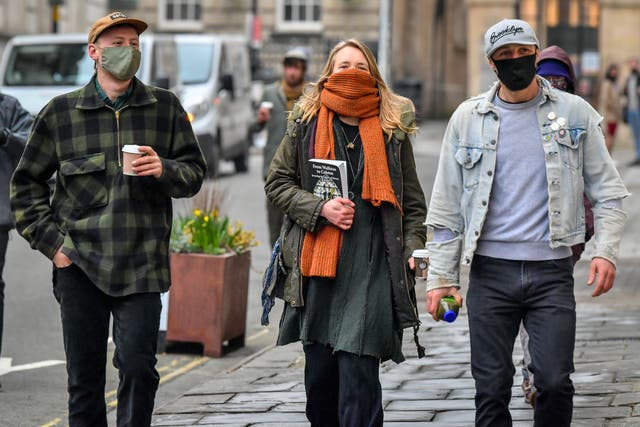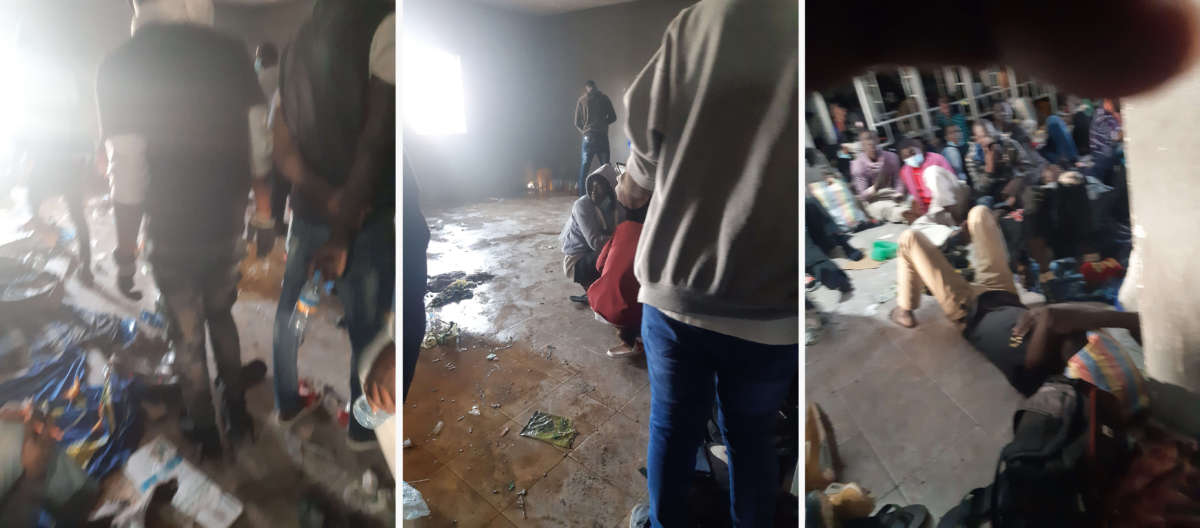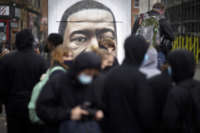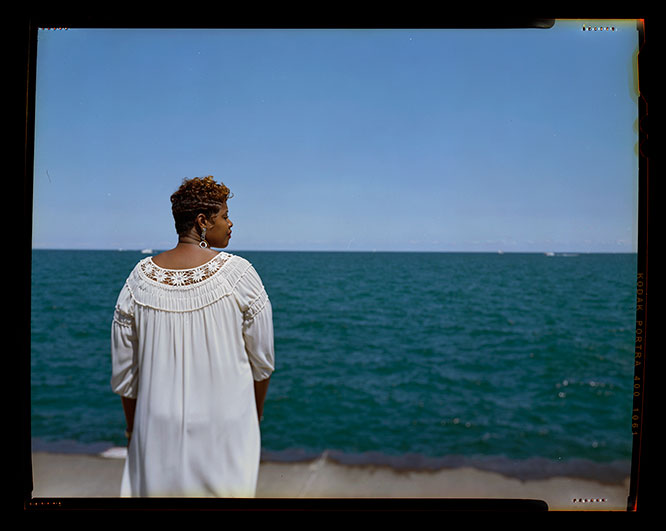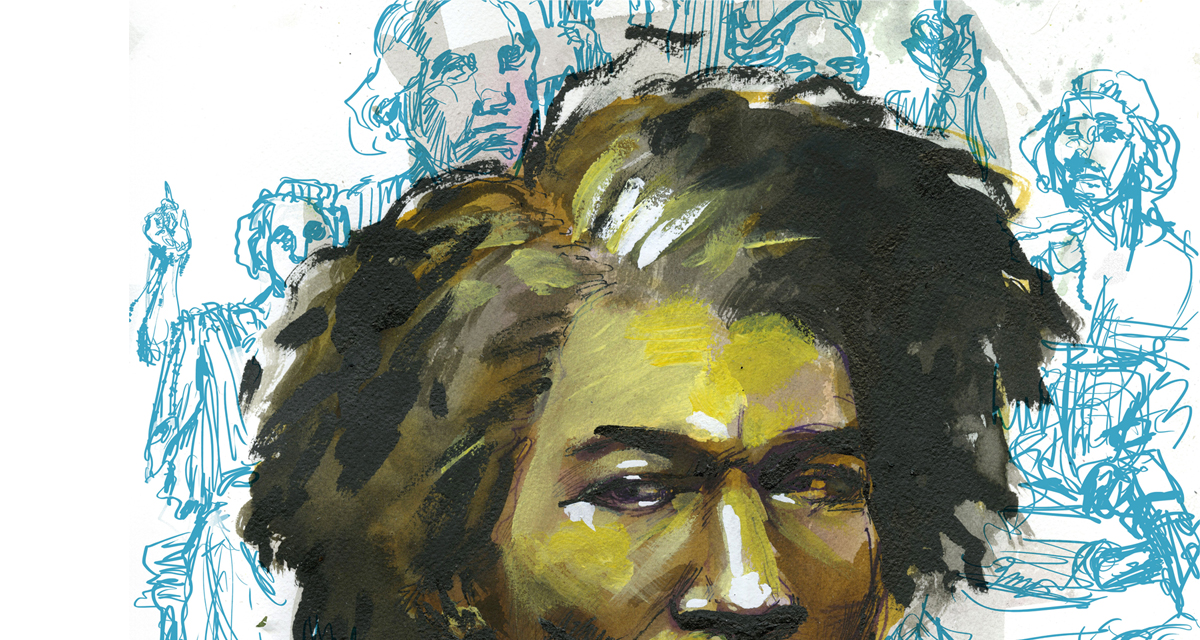On June 14th, prosecutor Rafael Garcia Rodrigues in Brasilia pressed charges against the German car-manufacturing giant Volkswagen for owning a farm filled with slave labor back in the seventies and eighties.
Law professor and cleric, Father Ricardo Rezende, told Le Monde he spent four decades gathering information on Volkswagen’s complicity in the Brazilian slave trade. The farm named Companhia do Vale do Rio Cristalino allegedly held indebted itinerant workers against their will, without pay, and did not provide adequate accommodation or sanitary facilities. Mr. Garcia Rodrigues is certain Volkswagen “was perfectly aware of the criminal practices underway”.
These embarrassing accusations emerge less than a decade after the scandal-prone company finally agreed to compensate retired factory workers in São Paulo for handing them over to the secret police under Brazil’s military dictatorship. Another chapter in Volkswagen’s egregious record is about to begin.
Scholars like Ulrike Lindner, Steven Press, Jan-Georg Deutsch, Andreas Eckert, and Michael Long amply demonstrated that German companies and missionaries have a very long and disturbing history of making use of slave labor.
In the early 1900s, shortly after waging a genocidal counterinsurgency war against the Herero and Nama peoples in South-West Africa (present-day Namibia), the German Colonial Corporation for Southwest Africa press-ganged Ovambo tribesmen to extract diamonds in the fittingly named “Forbidden Zone”. Hundreds died of exhaustion and disease as a result.
Similar scenes unfolded in the German Empire’s colonies in Cameroon and Togoland. Professor Philippe Blaise Essomba told journalists that when German soldiers pacified unruly villages or regions, defeated locals ended up in forced labor camps.
Papa André Pegha Kooh Mbous never forgot the construction process of a German railway line: “Some of us started working as soon as the sun came up…This work was carried out in chains and with lashes so that no one rested…Whenever we went from one place to another, our bodies would convulse under the blows of sticks. Some collapsed and many died. That’s how it was…”
The German East Africa Company in Tanzania imported 500 Chinese coolies from Singapore in the 1890s to work on major infrastructure projects. Terrible mistreatment at the hands of German foremen convinced many coolies to return home after barely two year’s service.
Legal scholars Klaus Bachmann and Gerhard Kemp say that at the height of the Maji Maji rebellion in Tanzania, which saw German troops using scorched-earth tactics that killed between 250,000-300,000 indigenous peoples due to starvation or disease, Commander Theodore von Hirsch confessed in his diary that he felt “like a murderer, arsonist, and slave trader”.
German firms based in the Pacific, such as DHPG (Deutsche Handels und Plantagen Gesellschaft), often “collected” Melanesians from the Solomon Islands or Papua New Guinea and shipped them to coffee, coconut, and pineapple plantations in German Samoa, according to Gerard Hindmarsh.
Lurking beneath the façade of a fairy tale landscape, to paraphrase author Robert Louis Stevenson, plantation overseers whipped Melanesians and controlled every facet of their lives. A German commissioner casually admitted in his correspondence that Germans preferred imported Melanesians to native Samoans because “they hardly ever complain, even when ill-treated”.
Colonial cruelties nominally reserved for “lesser races” in Africa, Asia, and the Pacific soon made their way to mainland Europe during World War 2. From June 1940 onwards, Volkswagen conscripted captured Russians, Poles, Scandinavians, and Jews, among many other nationalities, to work as slaves in German factories. Ulrich Herbert estimated that, depending on the week and month, 70% of the company’s workforce was mainly Eastern European.
Additionally, Volkswagen managers and executives implemented their very own extermination program without any input from Nazi authorities. A company-run nursery in Rühen, according to historian Neal Gabler, sadistically and systematically starved to death hundreds of infants born to Polish and Russian slaves. Nurse Kathe Pisters exclaimed to fellow staff “We will take care that not so many Russian and Polish children will grow up”. The company even made mothers like Anna Snopczyk pay for the burial of her murdered son.
Volkswagen’s subsidiaries across the globe collaborated, to varying degrees, with unsavoury regimes long after the Nuremberg trials ignored the company’s considerable contribution to the Nazi war machine. Knud Andresen says around fifty West German companies ran manufacturing plants in South Africa and conveniently turned a blind eye to the apartheid state’s heinous crimes until the 1970s. Black labour strikes in Volkswagen of South Africa eventually persuaded the company to press Pretoria for reforms.
Christopher Kopper’s extensive research proves beyond doubt that Volkswagen do Brasil’s managers welcomed the Brazilian military coup d’état in 1964. The ouster of a left-leaning president marked not a brutal blow to democracy or freedom of speech, but the “restoration of a rational political order”. VW board member Friedrich Schultz-Wenk rejoiced when secret police arrested trade union leaders on factory premises and effectively endorsed a regime that perceived its own citizens as mindless automatons, committed widespread torture, ran hidden concentration camps to repress uncooperative indigenous tribes, and precipitated the environmental destruction of the Amazon.
However, Volkswagen is not the only multinational corporation with Brazilian blood on its hands. Many other companies handsomely profited from the military regime’s abhorrent conduct towards factory workers and indigenous peoples.
Journalists like Santiago Navarro emphasize that Mitsubishi, Anderson Clayton, Goodyear, Nestlé, Swift, Ludwig, Mappin, Bordon, Codeara, Camargo Correa, Bradesco, and Bamerindus all made a killing out of the dictatorship’s suppression of labor rights and genocidal occupation of the Amazon—and most so far have escaped the methodical scrutiny and relentless media condemnation Volkswagen has undergone in recent years.
For posterity’s sake, academics, reporters, and concerned citizens need to pool their resources and expertise to carry out thorough investigations and uncover the true extent of corporate malfeasance under military rule in Brazil.
Yet it is worth emphasizing that slavery never disappeared in Brazil. The German confectionary giant Haribo allegedly still relies on slave labor to harvest carnauba wax. Westdeutscher Rundfunk released a documentary in 2017 that revealed Brazilian carnauba pickers lived in squalor, slept outside in adverse weather conditions with no access to clean drinking water, and received pay amounting to barely twelve dollars a day.
Environmentalist Binka Le Breton witnessed firsthand what happens to itinerant and often illiterate laborers the deceitful gatos (contractors) lure into the murky depths of the Amazon with false promises of fortune and glory. An anonymous slave vividly recalled his hellish experience in a far-flung estate: “It was a nightmare. There was one day I was so hungry I ate a dead rat… They thrashed me with a whip; I can still remember the pain of it”.
Foremen armed with guns forced slaves like Batista to get up before dawn and toil till nightfall. He rarely complained about not getting paid or eating terrible food, when it was available at all, to avoid torture or worse. Beatings and wanton brutality paralyze dissent and prevent slaves from fleeing isolated plantations.
Unbearable working conditions ensure numerous slaves never return home either. Le Breton says illicit gold mining operations are especially dangerous. Rumors abound about the existence of clandestine cemeteries in Rondônia, where 15-20 labourers perished in a cassiterite mine on a weekly basis in the early nineties.
Professor Kevin Bales argues that Brazilian authorities have many options to choose from if they truly wish to combat modern slavery. A well-funded national task force spread out across the Amazon’s frontiers can make a real difference on the ground. Federal courts should hand down much quicker and harsher sentences to punish human traffickers and slaveholders. Sweeping legislative reforms must take aim at endemic police corruption as well: it is not uncommon for policemen to warn slaveholders about an impending raid on their property.
Above all else, anti-slavery bodies like GERTRAF( Executive Group for the Repression of Forced Labour) and the Flying Squads (consisting of labour inspectors and federal policemen) are in dire need of funding. Le Breton found that between 2010 and 2020, the annual budget allotted to eradicating slavery fell from 65 to 25 million real.
Moreover, the number of federal labour inspectors continues to plummet—not a single one has been hired since 2013. At least 1544 out of 3644 labour inspector positions remain unfilled. Considering the department investigates approximately 20% of suspected slave labour cases at the best of times, and only 45% of those prove the existence of slavery, these staff shortages are a disaster.
Additionally, powerful agricultural lobbies in the Brazilian Congress block the publication of the “Lista Suja”. This registry of offenders names and shames individuals or businesses guilty of owning slaves and forbids them access to state, federal, or bank funding for two years. Labour inspectors still compile extensive databases despite this obstruction, yet the list is useless if no one can see it.
Jair Bolsonaro’s administration has done nothing to alleviate these problems. On the contrary, the president believes the sanctity of private property trumps human dignity– much to the delight of the Parliamentary Agricultural Front (FPA), a lobby whose members rank among Bolsonaro’s staunchest supporters, according to Reuters.
The president is adamantly opposed to legislation allowing for the confiscation of land where slaves are exploited. In May 2021, Bolsonaro declared his government will not make into law constitutional amendment 81, which states that rural properties hosting forced labour would be expropriated as it poses a serious threat to private property in Brazil, as stated in Globo.
The Intercept added that Bolsonaro first expressed his disdain for amendment 81 following the trial of Cyro Pires Xavier, a member of the wealthy agribusiness-owning Xavier family in Mato Grosso, who was found guilty of keeping 23 workers (including a pregnant woman) in conditions “analogous to slavery” on a farm. The judge said labourers had no protective gear for handling pesticides, no cleaning products, and not even toilet paper. The pregnant woman had no choice but to defecate in a ditch covered in banana leaves.
The Xaviers are repeat offenders when it comes to taking advantage of vulnerable labourers and their children. The Public Ministry of Labour in Mato Grosso says that five separate raids saved 324 workers from slavery on Xavier family property over the years. The “Lista Suja” includes the names of patriarch Sebastião Bueno Xavier’s two sons.
Ultimately, a labour court in October 2018 jointly condemned seven members of the Xavier dynasty to pay six million real in damages, although judges nearly invoked amendment 81 to seize Cyro Pires Xavier’s farm. In a bid to further bolster his burgeoning popularity among rural elites, Bolsonaro, then a presidential candidate, castigated judges rightfully clamping down on slavery for their “judicial activism”.
Furthermore, iG Brasil reported that on the campaign trail in 2018, Bolsonaro also claimed he would dismantle anti-child labour laws, saying “ The ECA (Brazilian Child and Adolescent Statute) needs to be torn up and thrown down the toilet” for being “ a stimulus for vagrancy and childish trickery”.
The PT (Workers’ Party) might make a difference in the war on slavery if it returned to power after this year’s presidential elections. The Institute of the Pact for Eradicating Slavery made great strides towards identifying and eliminating slave labour in the value chains of various products and industries under the reigns of Lula da Silva and Dilma Rousseff. If elected, the PT could build upon these achievements and finally banish slavery into the past where it belongs.
The post Blood and Iron: Volkswagen and Modern Slavery in Brazil first appeared on Dissident Voice.















